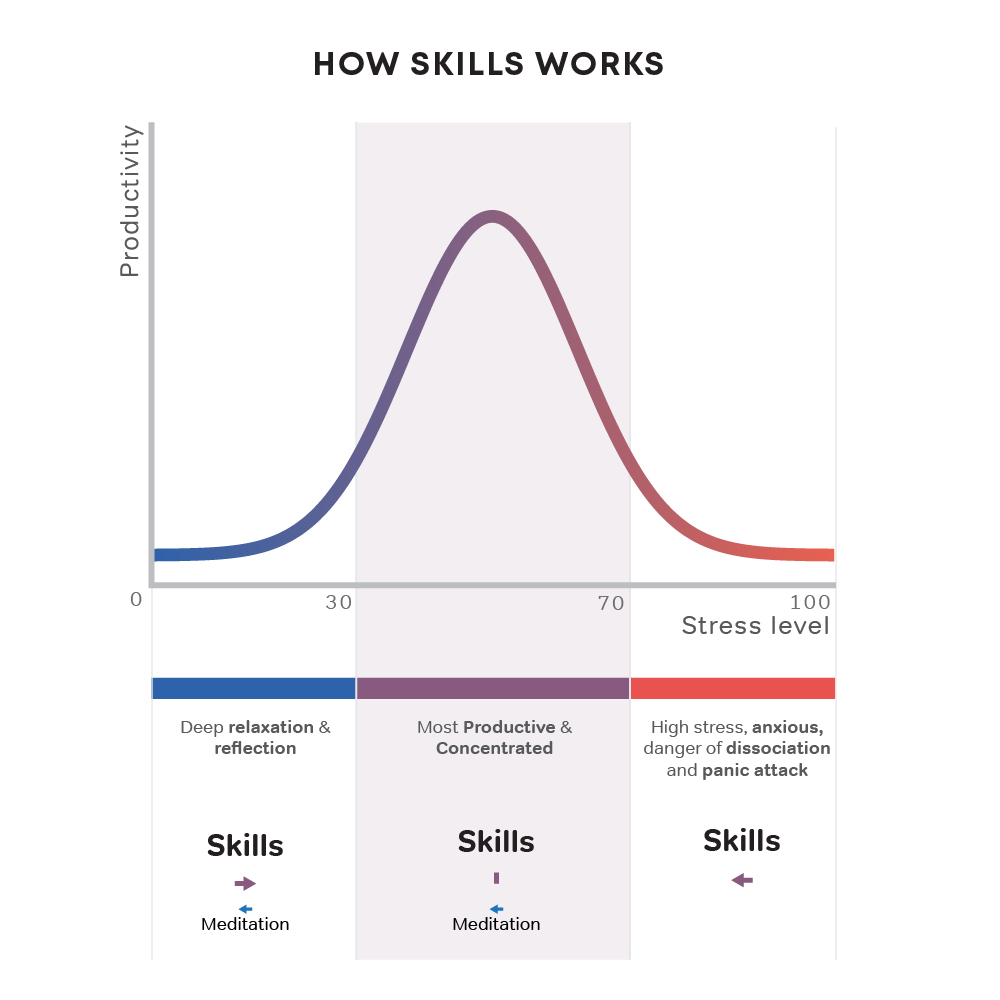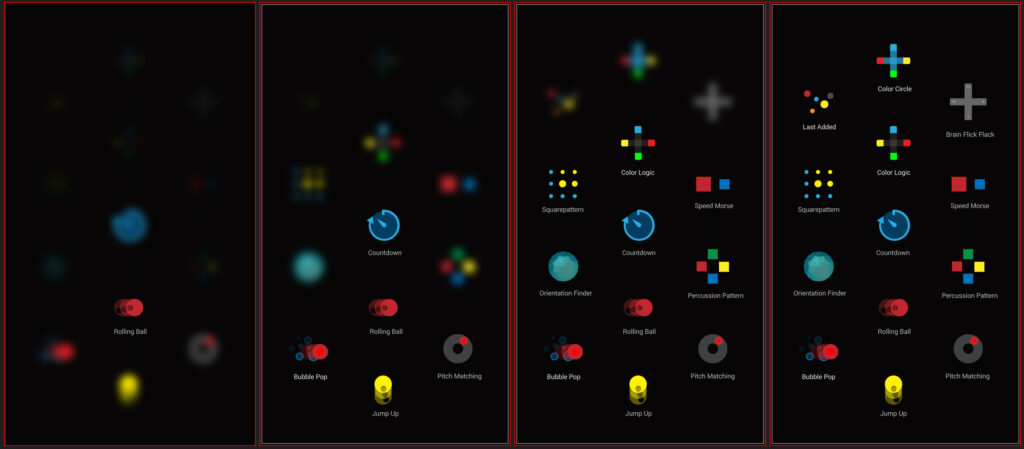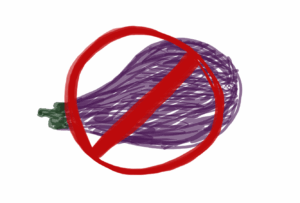An In-Depth Case Study of the Skills App in Mindfulness and Distress Tolerance
Introduction
Mental health care is evolving rapidly, driven by the need for more accessible, engaging, and sustainable tools. While traditional therapies like DBT and MBSR have demonstrated strong outcomes, clients often struggle to maintain therapeutic routines outside the clinical setting.
This white paper examines the Skills app, a gamified digital tool that supports stress regulation, mindfulness, and distress tolerance. Rather than relying on extrinsic motivation or reward systems, Skills uses multisensory distraction and grounding to offer a unique bridge between therapy and real life.
Rethinking Gamification in Mental Health
Gamification traditionally includes elements like points, badges, and competition. These systems often activate dopaminergic reward circuits, which can be motivating in general populations. However, in the context of mental health and especially with populations like those diagnosed with borderline personality disorder such elements can be counterproductive and lead to addictive behaviors.
Skills intentionally rejects this model.
There are no winners, no high scores, and no badges. This absence of rewards is not a design limitation but a clinical decision: the goal is not to trigger behavior through addictive loops but to offer calming, regulating experiences through engagement.
This shift reflects an important evolution in how gamification is used in mental health — one that prioritizes safety and stability over stimulation and performance.
The Power of Distraction: A Therapeutic Technique
Distraction is a core distress tolerance skill in dialectical behavior therapy (DBT). When individuals are overwhelmed by emotions or at risk of dissociation, focusing on neutral or mildly stimulating tasks can help them ground themselves and regain control.
In Skills, distraction is delivered through purposeful game mechanics:
- Visual tracking to redirect attention
- Memory tasks to stimulate working memory
- Audio-based tasks to anchor awareness through rhythm or tone
Distraction here is not about escapism, it’s about interrupting harmful mental loops and helping users anchor themselves in the present.

Multisensory Engagement as a Regulation Strategy
One of Skills’ most innovative design features is its use of simultaneous sensory stimulation. All of the app’s mini-games are intentionally built to engage multiple senses:
- Auditory (music, tone-matching)
- Visual (moving patterns, colors, matching)
- Cognitive/memory (recall sequences, shifting attention)
- Motion (balancing, movement)
This combination prevents the user from slipping into ruminative or dissociative states. When multiple senses are occupied together, the brain has less bandwidth for intrusive thoughts. This reflects principles in sensorimotor therapy and trauma-informed design, where therapeutic attention is directed toward body awareness and mental grounding.
Psychological Foundations: The Balance Board Analogy
The theraputical use of a balance board in trauma therapy offers a useful framework for understanding the Skills app’s design. On a physical balance board, maintaining balance requires:
- Constant micro-adjustments
- Engagement of multiple muscle groups
- Ongoing body awareness in space
For the brain this task is so complicated that it’s too distracted to let intrusive thoughts take over, panick attacks or dissociation can therefore not happen while standing on a balance board. The Skills app mirrors this dynamic process through continuous, light cognitive and sensory engagement—not so intense as to overwhelm, but active enough to keep the mind grounded and focused.
This concept is supported by a growing body of research:
- Studies on body awareness show its essential role in emotional stability and dissociation prevention (1),
- Work in sensorimotor therapy highlights how engaging physical and perceptual systems can stabilize emotional responses (2),
- And trauma research emphasizes the need for flexible self-regulation strategies in the face of structural dissociation (3).
Together, these findings validate the app’s emphasis on multisensory engagement as a path to psychological balance.
Case Study: The Skills App
Overview and Therapeutic Context
Skills was designed for individuals struggling with emotional dysregulation, dissociation, or anxiety. It functions both as a stand-alone coping tool and as an extension of therapy—providing a mobile, discreet way for clients to apply DBT principles in daily life.
Game Design and Functional Categories
The app includes 13 mini-games grouped into four therapeutic categories:
- Sensory-motor: tapping, holding, shaking, reacting to vibration
- Visual-cognitive: tracking movement, color or shape recognition
- Auditory: rhythm copying, tone-matching, audio cue response
- Logical-memory: pattern recall, ordering sequences, attention shifting
Each game is short, replayable, and focused on one or more sensory channels. No game includes scoring, loss, or feedback that could trigger judgment or pressure.
Unlocking Mechanism and Revenue Model

Games are gradually unlocked by engaging with earlier ones. This mild progression structure encourages exploration without pressure. Alternatively, users can purchase a license to access all games immediately.
This system allows both skill-building through use and a sustainable monetization model that doesn’t rely on ads, highscores, or reward systems.
User Insights and Experience
With over 10,000 downloads on Google Play and a growing base of active users, Skills has shown resonance with its intended audience.
“I’ve been searching for something like this for so long. Very happy with it because most apps only focus on mindfulness exercises and that works when I’m very anxious but not when I’m dissociating. I always felt like there was some sort of ‘activation’ missing and now I finally found it.”
— ★★★★★, Google Play Review (Nov 2024)
Many other users describe Skills as “a pocket-sized therapy tool” they turn to in moments of emotional overload.
Future Developments
The team behind Skills is actively developing additional features, including:
- Customizable soundscapes: Users will soon be able to design their own calming environments using ambient sounds
- VR integration: A planned virtual reality mode will allow users to immerse themselves more fully in therapeutic distraction environments
These enhancements aim to deepen emotional regulation through technology-enhanced grounding.
What the Research Says About Gamified Interventions
The Skills app is part of a broader movement in digital mental health that leverages interactive and gamified methods for therapeutic purposes. In recent years, researchers have investigated how game-based tools can contribute to emotional regulation, engagement, and behavior change. Key findings include:
- Effectiveness of Mindfulness Apps:
A randomized controlled trial by Linardon et al. (2021) demonstrated that app-based mindfulness training can be just as effective as face-to-face interventions in reducing anxiety and improving emotional self-awareness (4). - Cognitive and Emotional Engagement:
Lumsden et al. (2016) found that gamification improves user engagement and learning outcomes, especially when combined with real-time feedback and adaptive challenge levels. While Skills avoids explicit feedback systems, its progressive, sensory design supports similar attentional mechanisms (5). - Serious Games in Mental Health Treatment:
Fang et al. (2024) concluded that mobile-based serious games are promising complementary tools for emotional regulation and stress relief in psychiatric care, particularly when distraction and interaction are core components (6). - Gamified Interventions in Working Adults:
Pereira et al. (2023) found that gamified digital tools improved well-being and reduced depressive symptoms, especially when designed with user autonomy in mind—an approach reflected in Skills’ flexible structure (7).
These studies provide evidence that when used responsibly, gamified interventions can serve as meaningful tools in the therapeutic process.
Conclusion
The Skills app represents a shift in how we think about therapy and technology. It is not a game, nor a therapy session—it’s a tool that brings elements of therapy into the user’s hands.
By combining distraction, sensory grounding, and trauma-informed design, Skills provides users with a practical, research-informed way to manage stress, dissociation, and overwhelm—anytime, anywhere.
Its simplicity is its strength. And its clinical insight is its edge.
References
- Price CJ, Thompson EA. Measuring dimensions of body connection: body awareness and bodily dissociation. J Altern Complement Med. 2007;13(9):945–53.
- Rhea CK, Kiefer AW. Understanding postural control: implications for occupational therapy. Phys Occup Ther Pediatr. 2014;34(3):356–67.
- van der Hart O, Nijenhuis ERS, Steele K. The Haunted Self: Structural Dissociation and the Treatment of Chronic Traumatization. New York: W.W. Norton & Company; 2006.
- Linardon J, Shatte A, Fuller-Tyszkiewicz M. App-based versus face-to-face mindfulness training for mental health: A randomized controlled trial. J Affect Disord. 2021;282:1240–1247.
- Lumsden J, Edwards EA, Lawrence NS, Coyle D, Munafò MR. Gamification of cognitive assessment and training: a systematic review. Front Psychol. 2016;7:1491.
- Fang Y, Xu L, Zhang Q, Wang Y, Wu J, Cheng X. The use of smartphone-based serious games in mental health: A scoping review. Front Psychiatry. 2024;15:1156425.
- Pereira C, Dias C, Salgueiro A, Pombo A, Ferreira T, Margarido C, et al. Effects of gamified digital interventions on mental health outcomes in working-age adults: A scoping review. BMC Public Health. 2023;23:1749.
